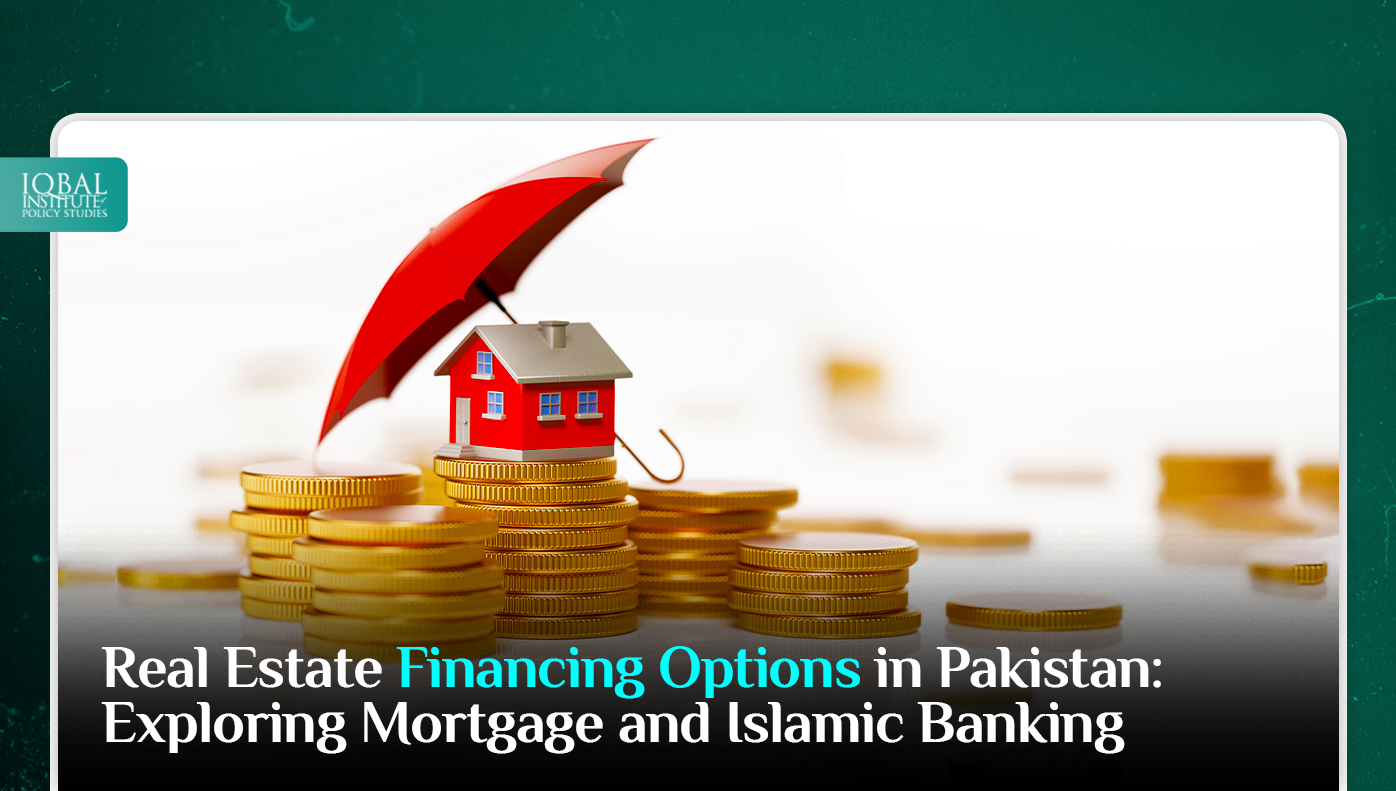Introduction
The real estate market in Pakistan has experienced steady growth in recent years, making property ownership an attractive investment. However, purchasing real estate often requires financial support, and understanding the available financing options is crucial for aspiring homeowners. This article explores the two primary methods of real estate financing in Pakistan: traditional mortgage financing and Islamic banking. By examining their principles, features, and advantages, we aim to provide readers with valuable insights into the financing landscape and help them make informed decisions when considering property purchases.
Traditional Mortgage Financing
Traditional mortgage financing is a well-established method of property financing in Pakistan. It involves borrowing funds from a financial institution, usually a bank, to purchase a property. Here are some key aspects of traditional mortgage financing:
Eligibility Criteria
Banks evaluate borrowers based on their creditworthiness, income stability, and repayment capacity. Factors such as credit history, employment status, and the loan-to-value ratio play a role in determining eligibility.
Interest-Based Financing
Traditional mortgages involve interest payments on the principal amount borrowed. The interest rate is determined based on various factors, including market conditions, creditworthiness, and the borrower’s profile.
Repayment Structure
Mortgage loans typically have a fixed tenure, and borrowers make monthly instalment payments that include both principal and interest components. The loan is repaid over the agreed-upon period, usually ranging from 5 to 30 years.
Collateral Requirement
Banks generally require collateral, such as the property being financed, as security against the loan. The property serves as a guarantee for the lender, reducing the risk associated with the loan.
Islamic Banking
Islamic banking offers an alternative approach to real estate financing in line with Shariah principles. It operates on the concept of profit-sharing and avoids interest-based transactions. Here’s an overview of Islamic banking’s key features:
Murabaha Financing
Murabaha is a typical financing structure in Islamic banking. It involves the bank purchasing the property and selling it to the borrower at an agreed-upon price, including a profit margin. The borrower then repays the bank in instalments over an agreed period.
Musharakah Financing
Musharakah refers to a partnership arrangement between the bank and the borrower. Under this structure, both parties contribute funds towards the purchase of the property. The borrower becomes a co-owner and pays rent for the bank’s share while gradually buying out the bank’s ownership.
Ijarah Financing
Ijarah is a leasing arrangement where the bank purchases the property and leases it to the borrower for a specified period. The borrower pays rent, which may include an option to purchase the property at the end of the lease term.
Diminishing Musharakah
This financing structure combines elements of Musharakah and Ijarah. The bank and the borrower enter into a partnership, with the borrower gradually buying out the bank’s share over time. The borrower pays rent on the bank’s share until full ownership is attained.
Advantages and Considerations
Both traditional mortgage financing and Islamic banking have their advantages and considerations, depending on the borrower’s preferences and beliefs.
Traditional Mortgage Financing
– Widely available with numerous financial institutions offering mortgage products.
– Offers flexibility in terms of repayment tenure and interest rate options.
– Allows access to a wider range of properties and locations.
– Requires collateral and involves interest payments, which may be inconsistent with certain religious beliefs.
Islamic Banking
– Adheres to Shariah principles and provides Halal financing options.
– Offers alternative financing structures that avoid interest-based transactions.
– Promotes shared risk and profit-sharing between the bank and the borrower.
– Limited availability compared to traditional mortgage financing options.
– Property selection may be restricted due to Shariah compliance requirements.
Conclusion
When considering real estate financing options in Pakistan, individuals must carefully evaluate their preferences, beliefs, and financial circumstances. Traditional mortgage financing provides widespread accessibility, while Islamic banking offers Shariah-compliant alternatives. By understanding the principles, features, and advantages of each method, potential homeowners can make informed decisions that align with their financial goals and personal values. It is advisable to consult with financial experts and institutions to explore the available options and select the most suitable financing avenue for acquiring property in Pakistan.
This article is written by Maha Nazami. Maha is a Research Analyst at the Iqbal Institute of Policy Studies (IIPS).



Leave a Reply